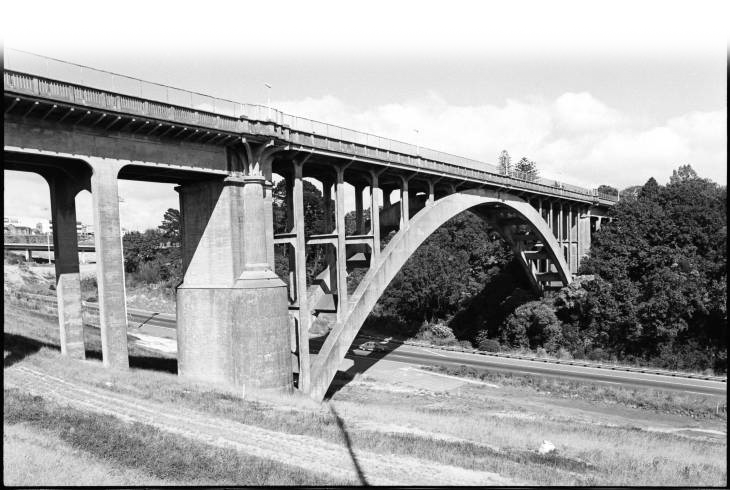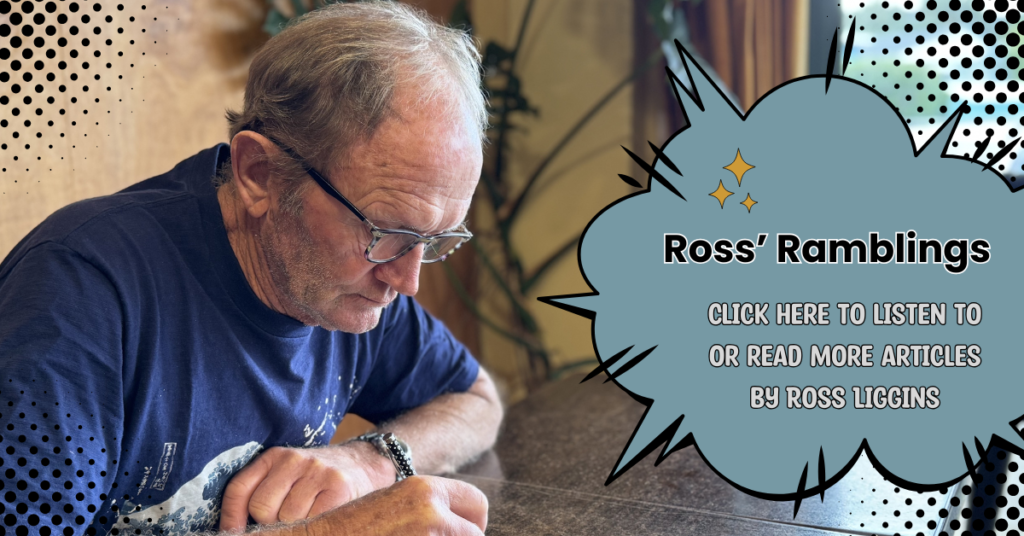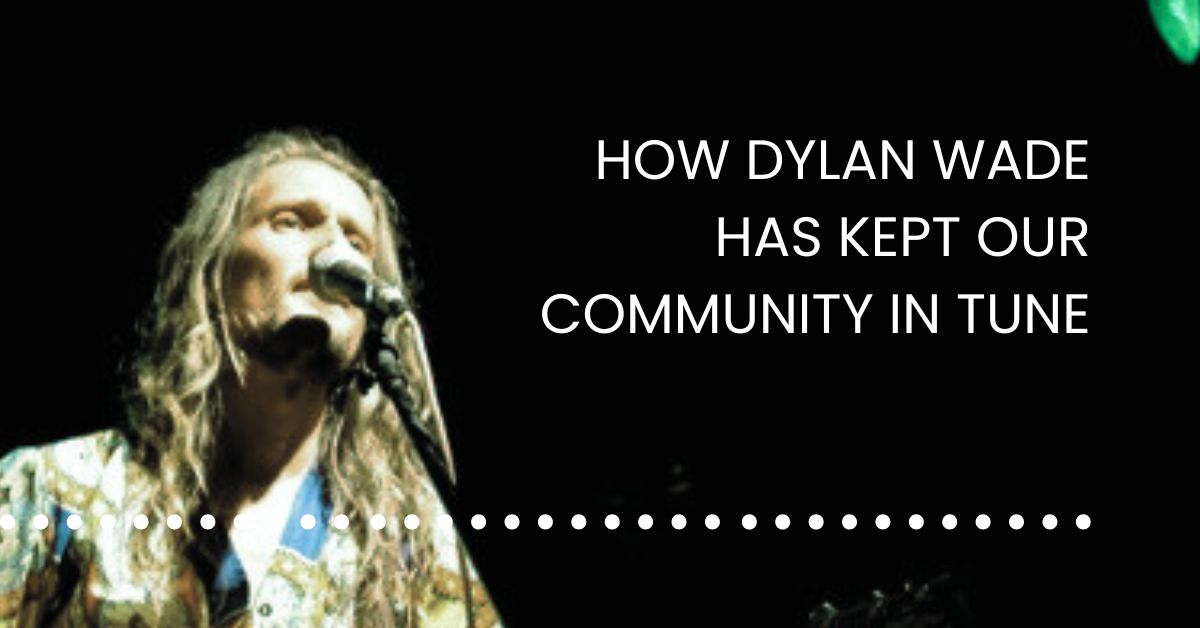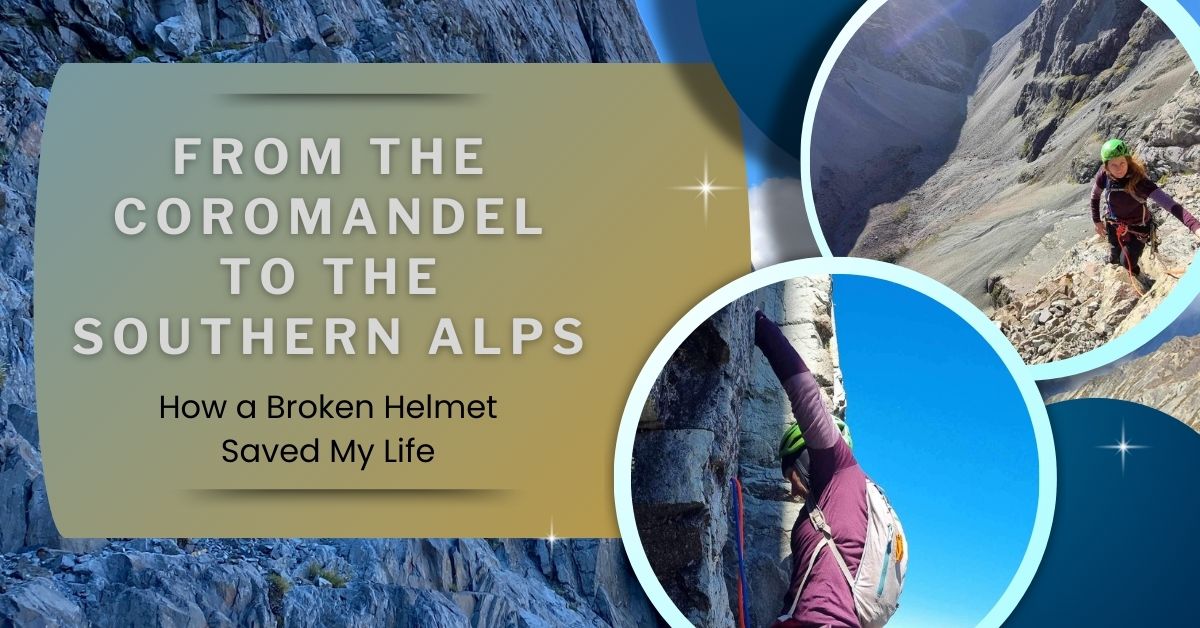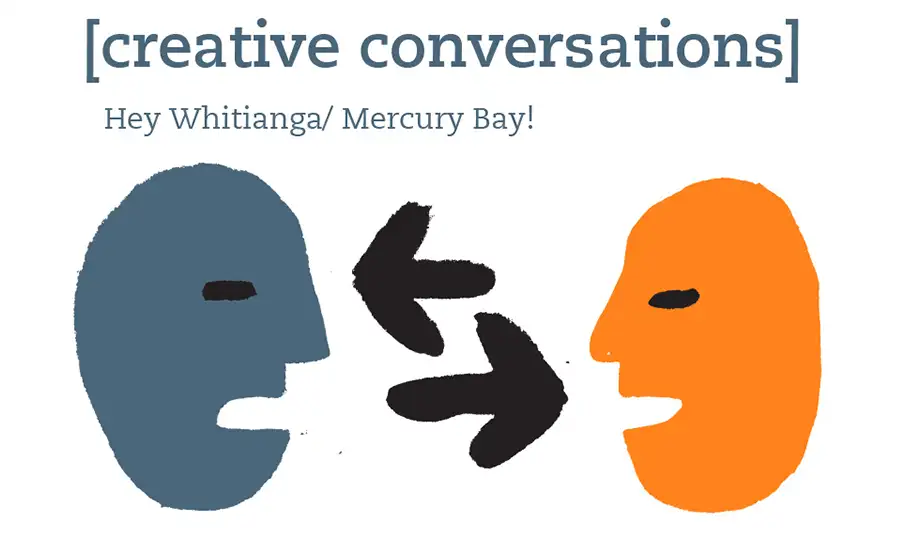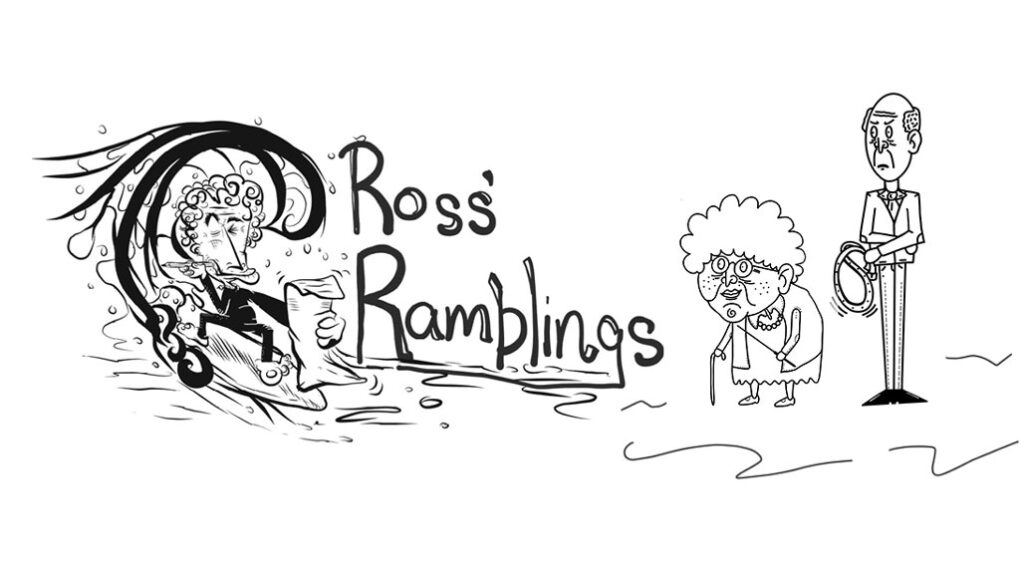
My first memory of formal education was my first day at primary school. My teacher was a stern, sad, wrinkled woman who I thought was very old. She went by the name of Mrs. G so I assume someone once loved her, or perhaps had to marry her. But by the end of my first school day, I definitely didn’t love her, mainly due to the fact that she hit me on the knuckles with the edge of a ruler for some minor infringement of her classroom management rules. I mostly succeeded in avoiding corporal punishment during the rest of my primary school years apart from the odd whack on the hand with a leather strap. However, when I started high school, things were about to change.
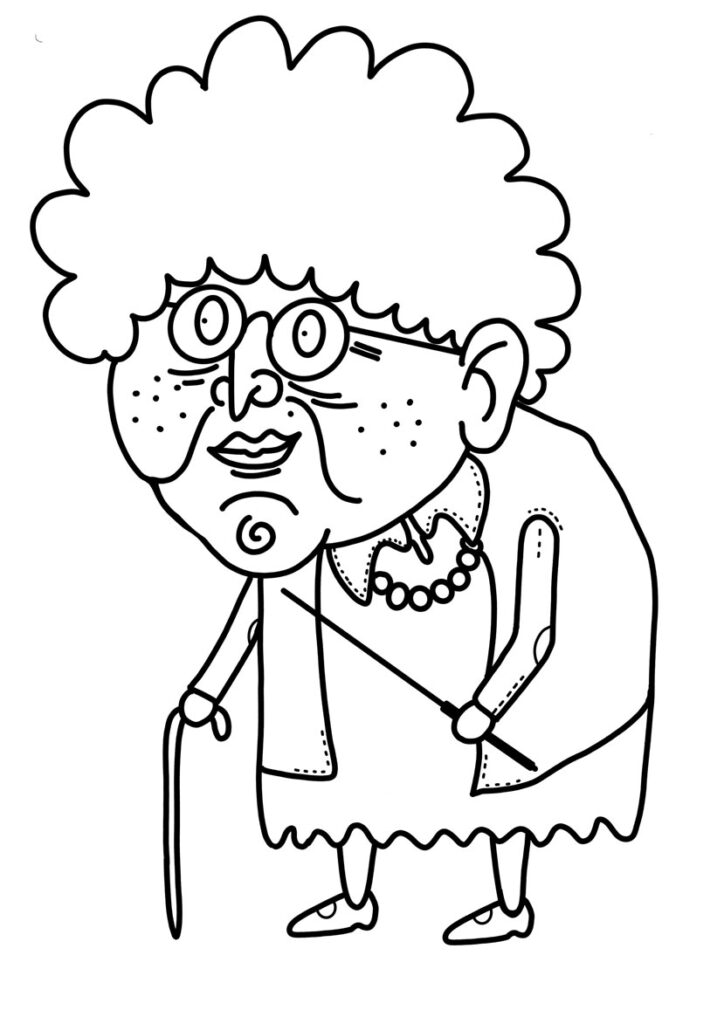
One afternoon, during my first week at a boys only college, I attended my third form divinity class where the Presbyterian idea of ‘truth’ was imposed upon us. The teacher, who was a minister, took exception to my not paying attention to his bible lesson and ordered me to go and wait outside his office. After the class finished, he appeared and with his face a few inches from mine, admonished me for the sin of not listening to his religious propaganda. He caned me four times, the standard punishment in those days, unless you did something really bad like swearing at, or disobeying a teacher, in which case you got what we referred to as ‘six of the best’, a beating that often drew blood. After this abuse, he asked me in a sinister voice, “Now, what do you say, boy?” I couldn’t really think of anything intelligent to say especially with my arse hurting like hell so with quivering lips I spouted out, “Thank you sir,” hoping like hell it was the right response. “You don’t mean that boy” he shouted, to which I answered, “Sorry sir,” and quickly retreated to show my friends the four stripes on my backside, considered a badge of honour at school at that time.
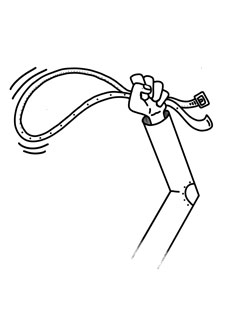
We were always told by our abuser that we were caned “for our own good” and that it taught us self-discipline. I wonder what it taught the caners; or perhaps it was a therapeutic way for them to relieve the stress of an unhappy marriage or being inescapably trapped in a gay closet. Who knew the causes of their unhappiness?
So much for teachers. Now what about the students? Well, I remember high school as a place where you memorised as much as possible and regurgitated it in exams, and if you had a good memory and/or were good at sport, you became a prefect. These fortunate teenagers had grand powers in some schools, especially at single-sex boys’ colleges. At one, they were even allowed to have what they called ‘fags’– younger boys who would run around doing the prefect’s bidding (who said slavery didn’t exist in our day?). Stories of corporal punishment administered to ‘fags’ by adolescent prefects also abounded.
So, while there was a lot of rote learning and sport, coupled with dubious methods of discipline, creativity and critical thinking played very minor roles. The most creative thing I remember doing was donning a tutu and performing a can-can dance at the school concert with other members of the first fifteen rugby team. Our thirty hairy legs being thrust this way and that did elicit a few laughs from the audience and might have been quite exciting for one and a half members of the team who were possibly gay, if statistics are to be believed. Being gay was never talked about at my high school except when boys used the derogatory terms prevalent in those days. One friend told me how, as a teenager at a boys’ school, he realised he was gay and visited the school chaplain to seek some guidance, only to be hit on by his ‘counsellor’. Well, you can imagine how confusing this was for my friend – and no, the chaplain wasn’t a Catholic priest!
I left high school in December 1968 with no idea what I would do in the coming year. In fact, I never even considered what I would do until my father asked me one day “What are you going to do son?” How was I to know the answer to this vexing question? I was 17 for god’s sake and they wanted me to decide about the rest of my life! In the end, because both my cousins were doing accountancy at Auckland Uni, I said I would do the same even though I didn’t have a clue what a debit or a credit was. I wish I had never found out as it was about as interesting as reading a bus timetable for the wrong bus. But in those days, uni was free, and having been thrust into a future that some of us didn’t really choose for ourselves, we didn’t feel guilty if we stuffed around and didn’t study, which is what some of us did for the first year, especially when the surf was up at Piha and we could borrow a parent’s car. Capping week was always fun, but some of the pranks were a bit sketchy. I remember, late one night, a fully dressed mannequin hung by the neck off Grafton Bridge, 100 feet above Grafton Gully, to greet early morning commuters driving to work. As you can imagine, it wasn’t well received by the public or the police.
Anyway, at the start of my second year, fortunately or not, I met friends who were more conscientious about study even though their weekends were spent partying and imbibing various dubious substances. So, after 3 more years of actual study, I graduated with a B. Com in which I included subjects like social anthropology, psychology and maths to spice up the dryness of economics, accounting and commercial law. During that time, I would sometimes walk through Albert Park to the CBD where I would see lawyers, accountants and important looking business men dressed in natty suits, hurrying around on important looking business. I remember thinking that I could never be part of that life and wondered why I was studying for it. Anyway, in the end, I finally achieved my degree but I didn’t get to attend the actual graduation ceremony where you get to wear those funny hats and robes, as the surf was pumping on that day.
(to be continued…..)
– Words by Ross Liggins
Art by Lucas Rocha
Ross’ graphic by David Thomas Bayer
